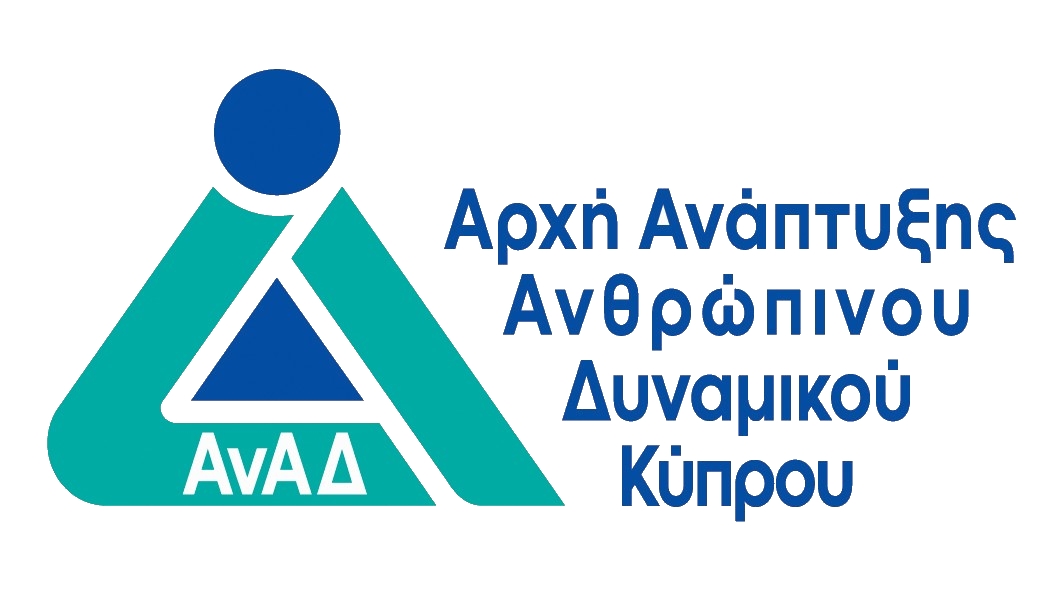
LIVE ONLINE WEBINAR - Financial Statement Analysis, Costing and Budgeting
- Λογιστικά/ Έλεγχος/ Φορολογικά

ΠΕΡΙΓΡΑΦΗ
The EIMF Live Online Learning Experience
EIMF subject-matter experts deliver engaging and interactive courses across a broad spectrum of areas, that can be enjoyed in the comfort of your own chosen environment. Read more
Course Overview
Today, people are often absorbed in so much data, that they have difficulty processing the multitude of facts and relationships simultaneously and this may sometimes lead to forgetting or overlooking important elements. This is especially true of those engaged in running a whole organization or a small department. Thus, as plans become more and more intricate, they should be documented in writing and include qualitative narratives of goals, objectives, and means of accomplishing the objectives, costs and forecasts.
Financial statement analysis is essential for all individuals working in the business world. Financial statement information is used in a wide range of business decisions. Being able to ask for and understand the appropriate financial information is particularly important for individuals seeking to join, or are already in, a management or supervisory position within an organisation, irrespective of department fucntion.
Financial statement analysis is exciting and dynamic. It can be orientated in different ways to suit the needs of many individuals including managers, directors, regulators and employees. The programme forges a unique path in financial statement analysis that responds to the needs of modern-day business managers. It provides a framework for using financial statement data in a variety of business analysis.
The most important knowledge and skill for managers attempting to understand financial statement information, is good knowledge of how important business transactions are accounted for, and how these transactions appear in the financial statements. It will be much harder for informed managers to be confused and mislead by ‘creative’ financial reporting put before them by others. Accordingly, this course focuses on teaching managers the skills to be able to understand the complexities of financial statements and untangle important information that is not visible to the untrained eye.
ΣΚΟΠΟΣ ΣΕΜΙΝΑΡΙΟΥ
By the end of the programme, participants will be able to:
- Understand the importance of linking an organization’s budget with its strategic plan
- Demonstrate how the budget relates to the key financial statements: balance sheet, income statement, and cash flow
- Prepare the key elements of an operating and cash budget and evaluate the different budgeting approaches used
- Apply cost control tools, analyse management variance reports and take proper corrective action
- Calculate different capital budgeting evaluation techniques as included in a capital expenditure proposal
- Utilize cost-volume-profit analysis in making budgeting decisions
- Understand the mechanics of financial statements (balance sheet, income statement, and statement of cash flow)
- Calculate profitability metrics and how to properly analyse them
- Navigate through financial statements
- Interpret and understand audit opinions
- Calculate the key ratios
- Understand the key ratios
- Understand and calculate various key performance indicators
- Perform financial statement analysis
ΣΕ ΠΟΙΟΥΣ ΑΠΕΥΘΥΝΕΤΑΙ
The programme is ideal for supervisors and managers at any level and within any function, especially those who manage a unit, section or department, or those who are engaged in business decision making or who may be involved in any way with the financial side a department or of the organization as a whole and would like to acquire a basic overview of the topic.
ΠΕΡΙΣΣΟΤΕΡΕΣ ΠΛΗΡΟΦΟΡΙΕΣ
Training Outline
Budgeting Overview
- What a budget is
- When to budget
- Why business complete budgets
- Behavioural aspects of budgeting
- Understanding cost behaviour
- Flexible budgets and standard cost systems
- Developing an annual/master budget
Operational Budgets
- Component parts of an operational budget
- What an operational budget looks like
- Sources of information for figures in operational budgets
- Factors that influence figures in operational budgets
- The scope of an operational budget
- How to calculate figures for an operational budget
Cash flow budgets
- Component parts of a cash flow budget
- What a cash flow budget looks like
- Sources of information for figures in cash flow budgets
- Factors that influence figures in cash flow budget
- How to calculate figures for a cash flow budget
Using budgets to manage and control the business
- The budgeting processes
- The importance of completing budgets
- How to use budgets
Using budgets to manage business activity
- How budgets help with day to day business management
- How to interpret information in a budget
Understanding the income statement account and statement of financial position
- The Accounting Cycle
- What is included in a statement of financial position?
- What is included in an income statement account?
- The differences between the above two financial statements
- Auditor’s Report
Using information form the income statement account and statement of financial position
- How to interpret information from an income statement account and statement of financial position
- Common Size Analysis (Vertical and Horizontal)
- Year-to-year change analysis
- Ratio analysis
- How to interpret using ratio analysis
- How to use selected ratios to interpret information in financial statements
- Key performance Indicators you need to know
- The limitations of ratio analysis
Statement of cash flows
- Basic elements of statement of cash flows
- Financial ratios and statement of cash flows
- Alternative cash flows
- Procedures for development of the statement of cash flows
Controlling cash
- Why cash doesn’t equal profit
- What you can do to ensure there’s enough cash within the business
Training Style
- Illustration of key terms and concepts
- Preparation and discussion of practical examples, including mini cases
- The course will have both a theoretical and practical framework with real examples drawn from actual companies, local and international
- Activities and Break-out groups
CPD Recognition
This programme may be approved for up to 14 CPD units in Accounting Standards. Eligibility criteria and CPD Units are verified directly by your association, regulator or other bodies which you hold membership.
Professionals requiring CPD units to meet the education requirements for an occupational licence renewal, and/or for maintaining other professional memberships/certifications which accept CPD in Accounting Standards, are advised to consider training subjects in categories that indicate CPD training in Accounting Standards.
Trainer
Marios Mortis
Marios Mortis holds a bachelor’s degree in Business Administration in Accounting, a Master’s in Banking and Finance, and he is a qualified member of Association of Certified Chartered Accountants (ACCA). Marios has developed and conducted professional training courses on corporate reporting, Accounting and Finance, and Financial Workshops. He had, also, participated to researches on the area of finance and accounting in both academic and professional level. He has a working experience in the accounting, audit, advisory, assurance and banking sectors in various positions and companies in Cyprus. During last 4 years Marios continued his path in the education field which is a challenging and interesting field for him. He currently works as a Visitor Academic for a local University in Cyprus, where he is teaching courses such as Corporate Governance and Business Ethics, Corporate Finance, Corporate Risk Management and Audit and Assurance. He also holds the position of Trainer & Accountancy Programmes Leader for a local institute where among others he is teaching many courses of various accountancy qualifications, such as the Cash and Treasury Management, Credit Management, Governance, Ethics, and Risks, Management Accounting, and Indirect Tax.
Αναλυτικό Κόστος Σεμιναρίου
Για Δικαιούχους ΑνΑΔ
- € 530.00
- € 238.00
- € 100.70
- € 292.00
- € 347.48
Για μη-Δικαιούχους ΑνΑΔ
- € 530.00
- € 0.00
- € 100.70
- € 530.00
- € 630.70
ΠΡΟΓΡΑΜΜΑ ΣΕΜΙΝΑΡΙΟΥ
Τετάρτη - 24 Ιουν 2020
Ώρα
09:00 - 17:15
Τοποθεσία:
OnLine Virtual Classroom
Παρασκευή - 26 Ιουν 2020
Ώρα
09:00 - 17:15
Τοποθεσία:
OnLine Virtual Classroom
 Ελληνικά
Ελληνικά  English
English



 Αγγλικά
Αγγλικά
 14 ώρες
(
2 μέρες
)
14 ώρες
(
2 μέρες
)
































